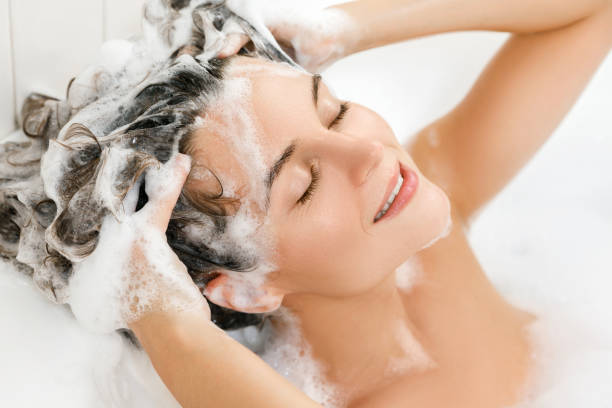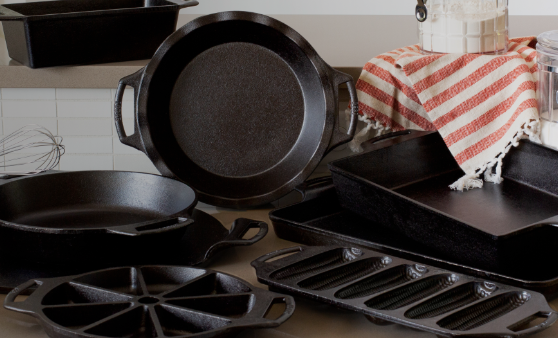Soothing Solutions: Natural Remedies for Dry Scalp Relief

A dry scalp can be both uncomfortable and unsightly, often causing itching, flakiness, and irritation. While there are numerous commercial products on the market promising relief, many individuals are turning to natural remedies for dry scalp relief. These remedies, derived from nature’s bounty, offer a gentler and often more sustainable approach to addressing the underlying causes of dry scalp.
In this comprehensive guide, we will explore a variety of soothing solutions, from common household ingredients to lesser-known botanical wonders, that can help restore moisture and balance to your scalp.
Contents [show]
Understanding the Causes of Dry Scalp
Several factors contribute to dry scalp, including:
1. Lack of Moisture: Just like the skin on the rest of your body, your scalp needs moisture to stay healthy. Harsh weather conditions, excessive use of hot water, and low humidity levels can strip the scalp of its natural oils, leading to dryness.
2. Diet and Hydration: A balanced diet that includes essential fatty acids and proper hydration are crucial for maintaining skin health, including the scalp. Nutrient deficiencies and dehydration can contribute to dryness and flakiness.
3. Overuse of Hair Products: Certain shampoos, conditioners, and styling products contain harsh chemicals that can strip the scalp of its natural oils. Overusing these products or not rinsing them out thoroughly can lead to dryness.
4. Skin Conditions: Conditions such as eczema, psoriasis, or dermatitis can affect the scalp, causing dryness, itching, and inflammation.
5. Stress and Hormonal Changes: Stress and hormonal fluctuations can impact the health of your skin, including the scalp. Changes in hormone levels, especially during pregnancy or menopause, can lead to dry scalp issues.
Now that we have a better understanding of the causes, let’s explore a variety of natural remedies to provide relief and promote a healthier scalp.
Natural Remedies for Dry Scalp Relief
1. Coconut Oil:
– How it works: Coconut oil is rich in fatty acids that penetrate the hair shaft, providing deep hydration to the scalp. It also has antimicrobial properties that can help combat scalp infections.
– Application: Gently warm coconut oil and massage it into the scalp. Leave it on for at least 30 minutes before washing your hair.
2. Aloe Vera:
– How it works: Aloe vera has soothing and moisturizing properties. It helps reduce inflammation and promotes healing.
– Application: Apply fresh aloe vera gel directly to the scalp, leave it on for 15-20 minutes, and then rinse thoroughly.
3. Tea Tree Oil:
– How it works: Tea tree oil has natural antifungal and antibacterial properties, making it effective in treating scalp conditions that contribute to dryness.
– Application: Mix a few drops of tea tree oil with a carrier oil (like jojoba or coconut oil) and massage it into the scalp. Leave it on for 15-20 minutes before washing.
4. Olive Oil:
– How it works: Olive oil is rich in antioxidants and vitamin E, providing intense moisturization to the scalp. It also helps reduce inflammation.
– Application: Warm olive oil and massage it into the scalp. Cover your head with a shower cap and leave it on for 30 minutes before washing.
5. Honey:
– How it works: Honey is a natural humectant, meaning it attracts and retains moisture. It also has antibacterial properties.
– Application: Mix equal parts honey and warm water and massage it into the scalp. Leave it on for 15-20 minutes before rinsing.
6. Apple Cider Vinegar:
– How it works: Apple cider vinegar helps balance the pH of the scalp, reducing itchiness and flakiness. It also has antimicrobial properties.
– Application: Dilute apple cider vinegar with water and use it as a final rinse after shampooing. Ensure it doesn’t come into contact with your eyes.
7. Avocado:
– How it works: Avocado is rich in vitamins, minerals, and fatty acids that nourish and hydrate the scalp.
– Application: Mash a ripe avocado and apply it to the scalp. Leave it on for 20-30 minutes before washing.
8. Jojoba Oil:
– How it works: Jojoba oil closely resembles the natural sebum produced by the scalp, making it an excellent moisturizer without being greasy.
– Application: Massage jojoba oil into the scalp and leave it on for at least 30 minutes before washing.
9. Baking Soda:
– How it works: Baking soda helps exfoliate the scalp, removing dead skin cells and excess oil.
– Application: Mix a tablespoon of baking soda with water to form a paste. Massage it into the scalp, leave it on for 10-15 minutes, and then rinse thoroughly.
10. Flaxseed Oil:
– How it works: Flaxseed oil is rich in omega-3 fatty acids, which help nourish the scalp and reduce inflammation.
– Application: Take flaxseed oil supplements as directed or incorporate flaxseed oil into your diet.
11. Chamomile Tea:
– How it works: Chamomile has anti-inflammatory and soothing properties, making it beneficial for an irritated scalp.
– Application: Brew chamomile tea, let it cool, and use it as a final rinse after shampooing.
12. Proper Hydration and Nutrition:
– How it works: Drinking an adequate amount of water and maintaining a balanced diet rich in vitamins and minerals are fundamental to overall skin health, including the scalp.
– Application: Ensure you drink enough water daily and include foods like fatty fish, nuts, seeds, and fruits and vegetables in your diet.
The Importance of Professional Consultation
Professional consultation plays a crucial role in enhancing our understanding of flaky dry scalps, providing valuable insights into the causes, symptoms, and effective treatments. When grappling with the discomfort of a flaky scalp, seeking guidance from a qualified professional, such as a dermatologist or trichologist, can be instrumental in unraveling the complexities of this condition. These experts possess a deep understanding of various factors that contribute to flakiness, ranging from dry weather and harsh shampoos to underlying skin conditions like seborrheic dermatitis or psoriasis. Through one-on-one consultations, you can learn more about flaky dry scalps.
Furthermore, professional consultations empower individuals to differentiate between common misconceptions and scientifically validated information about flaky dry scalps. A professional can dispel myths, offer evidence-based solutions, and guide individuals toward products and practices that promote a healthier scalp. The knowledge acquired through these consultations equips individuals with the tools to address the root causes of flakiness, fostering long-term scalp health and improving the efficacy of their chosen remedies. In essence, professional consultation becomes a valuable educational resource, unraveling the mysteries of flaky dry scalps and paving the way for informed self-care practices.
Conclusion
Soothing a dry scalp involves a holistic approach that addresses the root causes of the issue. Natural remedies provide an effective and often gentler alternative to commercial products, promoting scalp health without the use of harsh chemicals. Experiment with these remedies to find the combination that works best for you, and remember that consistency is key in achieving and maintaining a healthy, moisturized scalp. Additionally, if dry scalp issues persist or worsen, it’s advisable to consult with a dermatologist to rule out any underlying skin conditions requiring professional attention.




